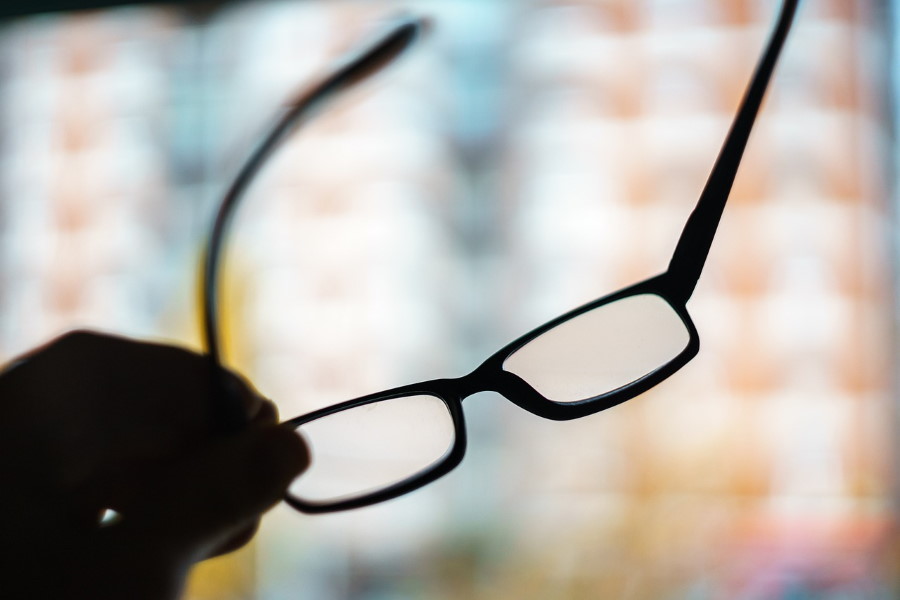Novartis drops presbyopia drug acquired with Encore Vision

Novartis has abandoned development of its drug to treat presbyopia, a common age-related loss of near distance vision, after it failed a phase 2b trial. The eyedrop formulation of UNR844 (lipoic acid/choline ester chloride) was acquired as part of the group's buyout of privately-held ophthalmology biotech Encore Vision for $375 million upfront in 2017, and was designed to work by restoring the elasticity of the eye's lens that declines with age. Presbyopia is characterised by a progressive inability to focus on objects nearby, making everyday activities – such as reading – challenging. It is estimated that more than 80% of adults over the age of 45 develop the condition. Interim results from the phase 2b study in patients aged 45 to 55 years with presbyopia showed that the drug did not achieve a statistically significant dose response three months after starting treatment, missing its primary endpoint. "Based on these results, Novartis has taken the decision to discontinue the phase 2b study and UNR844 programme," said the company in its third-quarter results update. Commercial considerations may also have been at work in arriving at the decision to abandon the project. At the time of the Encore Vision takeover, there were pharmacological therapies for presbyopia, but that changed last year when AbbVie secured FDA approval for Vuity, a once-daily eyedrop formulation of pilocarpine, as the first drug for the common eye condition. In trials, Vuity was shown to improve close-up vision within 15 minutes of taking the eyedrops, with a duration effect of around six hours. The drug works by making the pupil contract, mimicking the eye's natural ability to focus. The product launched towards the end of 2021 at a price of $80 per month, and AbbVie has been trying to try to persuade people newly diagnosed with mild-to-moderate presbyopia to consider daily eyedrops as an alternative to reading glasses, contact lenses, or laser eye surgery. So far, sales of the drug haven't been strong enough to warrant a separate line in AbbVie's quarterly results statements, despite a television campaign launched in the spring that had attempted to boost uptake. More insight into uptake may be revealed when the company reports its third quarter results later this week. In April, AbbVie reported positive results of the phase 3 VIRGO trial of twice-daily Vuity, and in June it filed for approval of that new dosing regimen to give an "additional dosing option" to users of the drug. Meanwhile, pilocarpine-based treatments from Orasis Pharma and Eyenovia, as well as a pilocarpine/phentolamine combination in development at Ocuphire Pharma, all in phase 3, suggest Novartis may have been playing catch-up even if its UNR844 data was stronger. Image by Oscar Aznar from Pixabay












